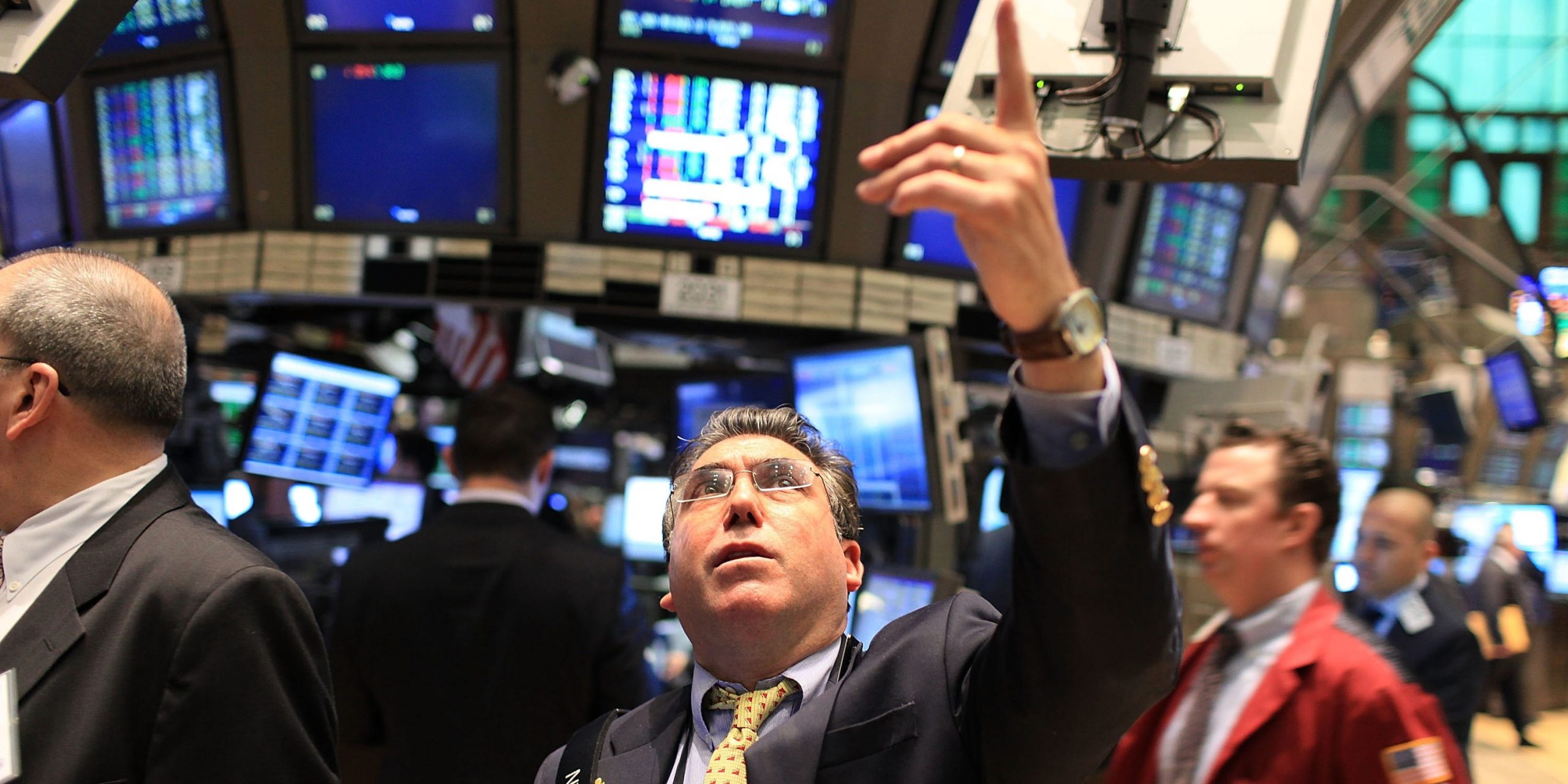
- US technology stocks have staged a historic rally since the stock market bottomed on March 23.
- But the outperformance of US tech stocks relative to the S&P 500 in 2020 pales in comparison to the 2000 dot-com bubble, DataTrek said in a note on Wednesday.
- Instead, the tech rally today is closer to tech rallies seen in 2003 and 2009, according to performance data cited by DataTrek.
- At best, tech stocks have “enough room to continue to lead,” but at worst will likely be a market performer into year-end, DataTrek said.
- Visit Business Insider’s homepage for more stories.
The run in US technology stocks since the stock market bottomed on March 23 has often been compared to the 2000 dot-com bubble, but those comparisons are so far unwarranted, according to DataTrek.
The Nasdaq 100, a tech-heavy index, rallied 82% from its March 23 bottom to its September 2 top, while the S&P 500 index rallied 64% over that same time period.
In a note published on Wednesday, DataTrek co-founder Nicholas Colas compared the relative outperformance of the S&P Tech Sector to the S&P 500 and found that while 2020’s rally in tech shares has been historic, it pales in comparison to the 2000 bubble.
At its peak 200-day return on September 1, technology stocks outperformed the S&P 500 by 31.6%, DataTrek highlighted. Notable rallies in the past include in July 2003, when tech stocks outperformed the S&P 500 by 27.6%, and in 2009, when they outperformed by 20.6%.
In 2000, at the height of the dot-com bubble and for the 200-day period ending March 27, tech stocks outperformed against the S&P 500 by 59.1%, nearly double today's read of 31.6%, according to DataTrek.
"Peak outperformance doesn't necessarily mean 'sell tech' right away," Colas said.
After the strong run in tech shares in 2003 and 2009, they went on to deliver 3.4% of continued outperformance and 0.7% of underperformance over the next 100 trading days, respectively, according to the note.
History suggests that while the rally in tech stocks is historic, heading into year-end, at worst the sector will likely be a market performer, and at best "it certainly has enough room to continue to lead," Colas concluded.
